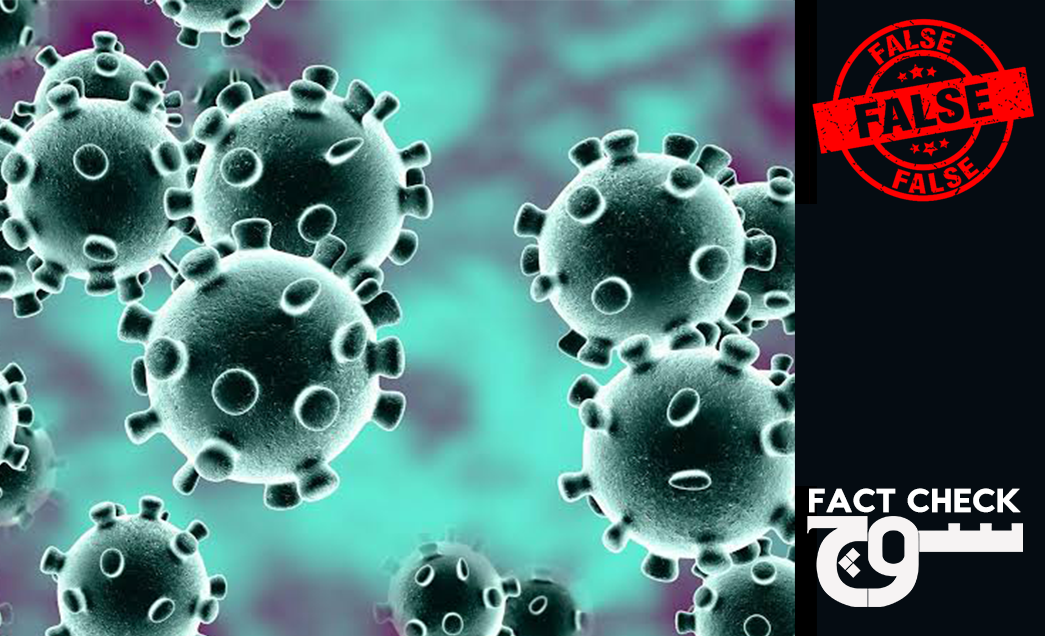
Claim: Covid-19 is a bacterium and not a virus.
Fact: Covid19 is caused by the novel coronavirus (Sars-Cov-2).
A widely circulating WhatsApp message claims that the Italian health ministry has discovered that Covid-19 is caused by bacteria. However, this is not the case. There are multiple kinds of coronaviruses and some of them cause illnesses in humans. The Covid-19 disease is caused by the novel coronavirus (also known as Sars-Cov-2). This is important to clarify because the virus cannot be treated with antibiotics.

A study published in the Lancet, one of the world’s top peer-reviewed scientific journals, states that “By Jan 7, 2020, Chinese scientists had isolated a novel coronavirus (CoV) from patients in Wuhan.”
Furthermore, the World Health Organisation says, “The new coronavirus is a respiratory virus which spreads primarily through droplets generated when an infected person coughs or sneezes, or through droplets of saliva or discharge from the nose” and “The coronavirus disease (COVID-19) is caused by a virus. NOT by bacteria.”
Moreover, the Italian Ministry of Health has explained in its FAQ, “A novel coronavirus (nCoV) is a new strain of coronavirus never previously identified in humans. In particular, the virus named SARS-CoV-2 (formerly 2019-nCoV), was never identified before it was reported in Wuhan, China, in December 2019”.
Dr Osama Siddiqui, an Infectious Disease Specialist at Aga Khan University Hospital, debunked the claim that Covid-19 is a bacteria and said that “there is no doubt that it is a virus. Researchers have mapped its DNA and structure and even have pictures of the virus.”
Do bacteria have anything to do with Covid-19?
Now that we have established that Covid-19 is not a bacteria, let’s talk about a phenomenon called “bacterial co-infection” which can occur subsequently after the Covid-19 virus is contracted. According to a preliminary correspondence published in The Lancet, “respiratory viral infections predispose patients to co-infections and these lead to increased disease severity and mortality.” This means that there is evidence that patients infected by viral infections such as Covid-19 are at risk of developing a secondary bacterial infection which “might be carried by the patient before the viral infection, might be part of an underlying chronic infection, or might be picked up (in a hospital)”
Early evidence shows that secondary bacterial infections are a major risk factor for adverse Covid-19 outcomes. Another recent study from China published in The Lancet found that 27 out of 28 patients with secondary bacterial infections died (96%) and half of the patients who died experienced a secondary infection (27 out of 54) (Zhou et al., 2020).
On this matter, The World Health Organisation further says that “some people who become ill with Covid-19 can also develop a bacterial infection as a complication. In this case, antibiotics may be recommended by a healthcare provider.”
However, it is important to note that there is a difference between patients developing bacterial co-infections and the claim that Covid-19, in itself, is a bacteria.
Summary: Covid-19 is caused by the novel coronavirus Sars-Cov-2. It is not a bacteria. However, patients can develop secondary bacterial infections due to Covid-19.
